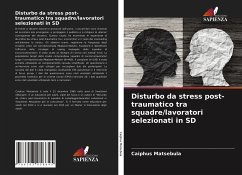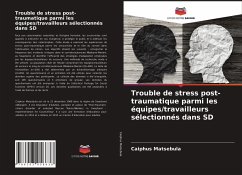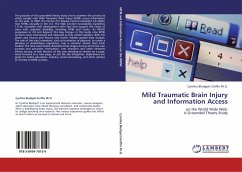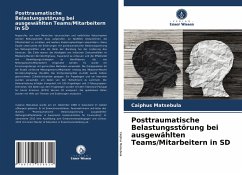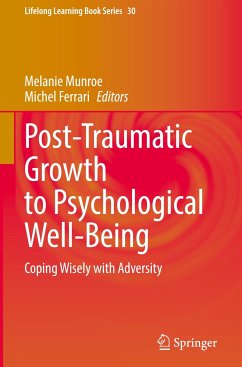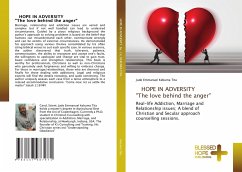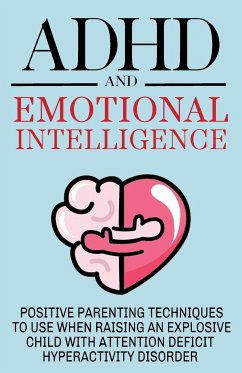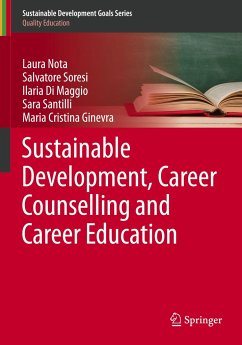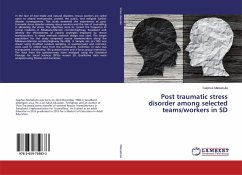
Post traumatic stress disorder among selected teams/workers in SD
Versandkostenfrei!
Versandfertig in 6-10 Tagen
36,99 €
inkl. MwSt.

PAYBACK Punkte
18 °P sammeln!
In the face of man-made and natural disasters, rescue workers are called upon to attend emergencies, protect the public, and mitigate further disaster consequences. This study examined the experiences of post-traumatic stress disorder among rescue workers and the role of counselling in alleviating the stress. The objectives were to; record the frequency of critical incidents in Mbabane-Manzini corridor/highway, Swaziland and identify the effectiveness of coping strategies employed by rescue teams/workers. A mixed methods research design was used. The target population for the study comprised r...
In the face of man-made and natural disasters, rescue workers are called upon to attend emergencies, protect the public, and mitigate further disaster consequences. This study examined the experiences of post-traumatic stress disorder among rescue workers and the role of counselling in alleviating the stress. The objectives were to; record the frequency of critical incidents in Mbabane-Manzini corridor/highway, Swaziland and identify the effectiveness of coping strategies employed by rescue teams/workers. A mixed methods research design was used. The target population for the study comprised rescue teams/workers along the Mbabane-Manzini corridor/highway (N=400). A Sample size (n=195) was drawn using stratified random sampling. A questionnaire and interview were used to collect data from the participants. Collection of data was triangulated constituting 195 questionnaires and 3 focus group interviews. The data from the questionnaire were analyzed using the Statistical Package forSocial Sciences (SPSS) version 20. Qualitative data were analyzed using themes and narratives.



